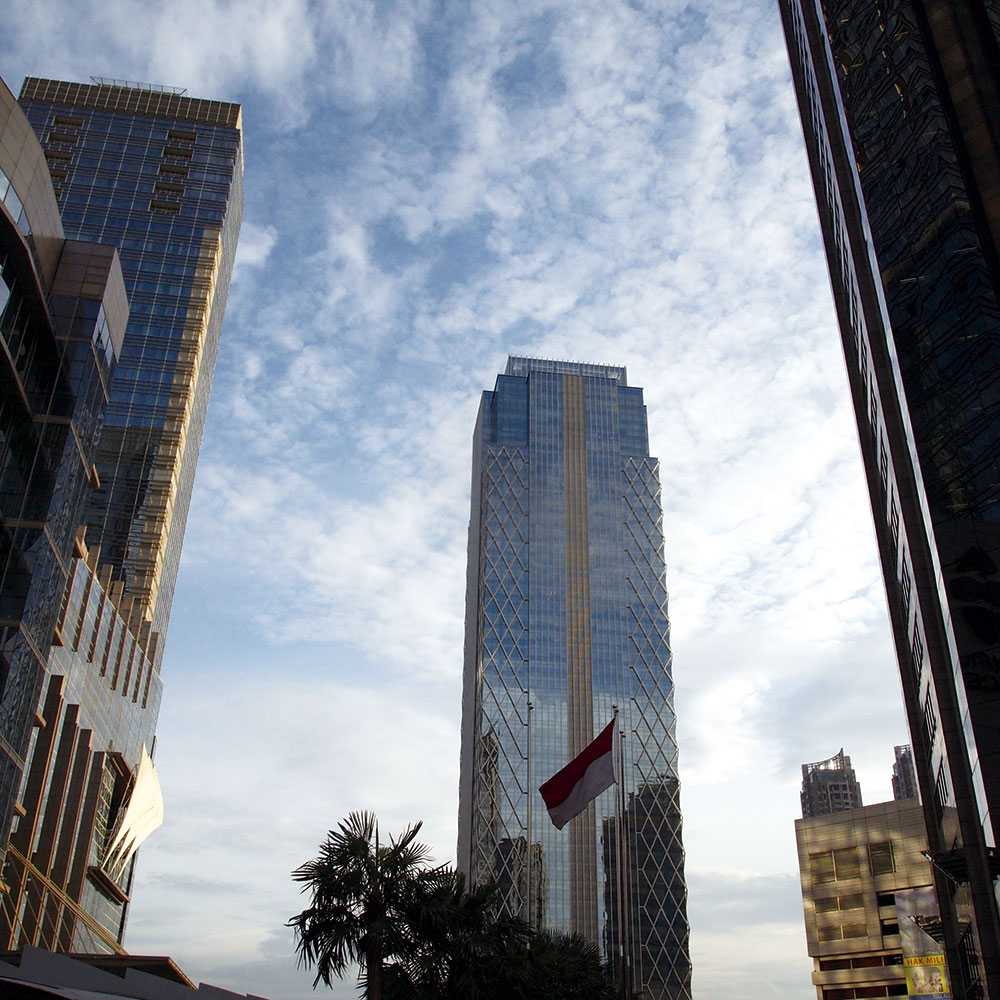
Menara Imperium, 30th Fl. Jl. H.R. Rasuna Said Kav. 1 Jakarta 12980, Indonesia
Tel: (62-21) 831-5005, 831-5025 Fax: (62-21) 831-5015, 831-5018
E: dini@lgslaw.co.id • indra@lgslaw.co.id W: www.lgslaw.co.id
 A new regulation enacted by Indonesia’s Minister of Manpower requires employers to formulate, set and inform their employees of wage structure and scale.
A new regulation enacted by Indonesia’s Minister of Manpower requires employers to formulate, set and inform their employees of wage structure and scale.
Enacted on March 21, 2017, the relevant provisions of the Minister of Manpower Regulation No. 1 of 2017 on Wages Structure and Scale (the Minister Regulation No. 1/2017) are mandated under Government Regulation No. 78 of 2015 on Wage (Government Regulation No. 78/2015).
Based on Article 13, all employers must have formulated, implemented and notified the wage structure and scale by October 23, 2017 at the latest. Wage scale and structure set prior to the Minister Regulation No. 1/2017 coming into force will remain in force.
Scope of Minister Regulation No. 1/20Applicability 17
Law No. 13 of 2003 on Manpower (the Manpower Law), Indonesia’s primary legislation concerning employer-employee relationship, and Government Regulation No. 78/2015 differentiate the calculation of remuneration for employees remunerated based on time spent from those remunerated based on deliverables. The wage structure and scale provided under Minister Regulation No. 1/2017 applies to every employee in an employment relationship with the employer and applies as guidance in determining the remuneration of employees who are paid based on time spent (but not to those paid based on deliverables) (Art. 7(2) Minister Regulation No. 1/2017; see also Art. 14 (1) GR Regulation No. 78/2015).
Minister Regulation No. 1/2017 applies to employers doing businesses within the territory of Indonesia. The Minister Regulation No. 1/2017 itself defines employers as individuals, partnerships or legal entities who/that: (i) operate own business; (ii) operate businesses owned by another party; (iii) represent self-owned business and business owned by another party domiciled outside the territory of Indonesia.
Obligation to Formulate and Publish Wages Structure and Scale
Article 2 (1) of the Minister Regulation No. 1/2017 provides that all employers are required to formulate wage structure and scale, taking into account the employees’ work category, position, work period, education and competency.
A key change under the Minister Regulation No. 1/2017 is that the wage structure and scale must be informed to the employees, where this was not required under the previous regulation (Minister of Manpower Decree No. KEP-49/MEN/IV/2004) (see Article 8 of the Minister Regulation No. 1/2017). In addition, pursuant to Article 9, the Minister Regulation No. 1/2017 also requires that the wage structure and scale be submitted at the time the employer seeks to (i) ratify and renew its company regulation; or (ii) register, extend and renew its collective work agreement. Company regulation and collective work agreement are two common instruments that set the employer-employee relationship. These instruments must be registered with the Ministry of Manpower and must be periodically renewed and extended from time to time.
Methods of formulating wage structure and scale
Article 4 (1) of Minister Regulation No. 1/2017 provides that the formulation of wage structure and scale may be carried out in three stages, namely 1) Analysis of position; 2) Evaluation of position; and 3) Determination of wage structure and scale.
The Minister Regulation No. 1/2017 allows employers the option to follow a template provided for in the Annex of the Minister Regulation No. 1/2017 (see Article 6 of Minister Regulation No. 1/2017). The template provides four methods to set wage structure and scale:
- The simple ranking method;
- The two point method;
- The point factor method (for existing companies); and
- The point factor method (for newly established companies).
Sanctions
According to Article 12 of the Minister Regulation No. 1/2017, a business that fails to comply with its obligations to formulate its wage structure and scale, and to inform its employees thereof, are to be penalised with administrative sanctions. The penalties for non-compliance will be determined based on the criteria set forth under Minister of Manpower Regulation No. 20 of 2016, and range from:
- Written warnings;
- Limitation on business activities.

















